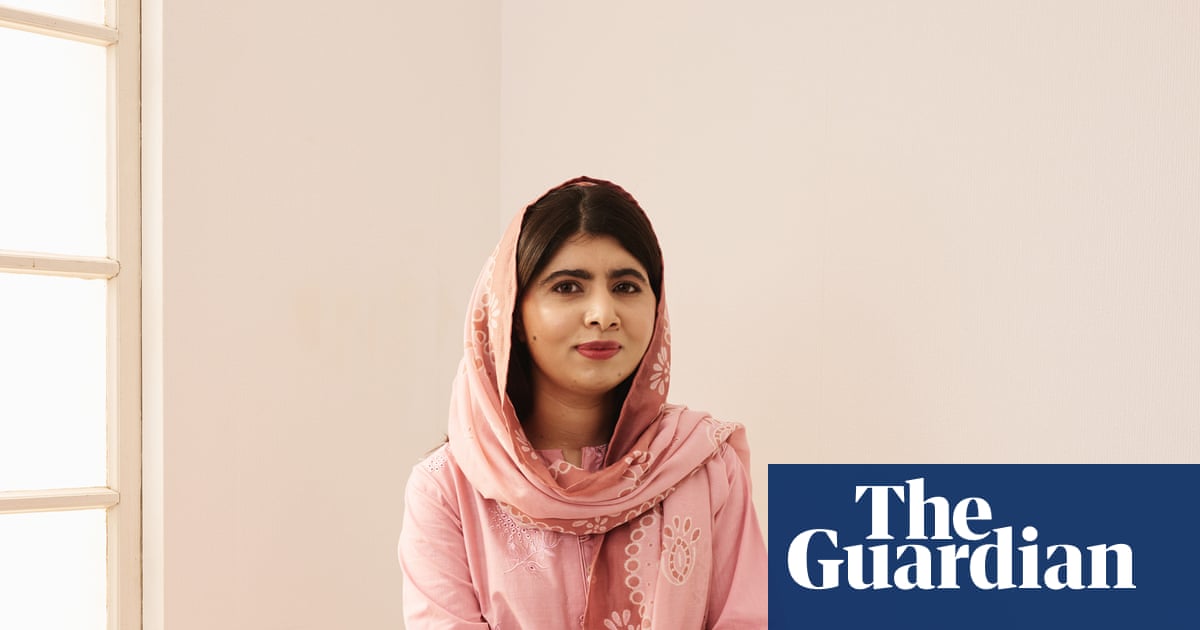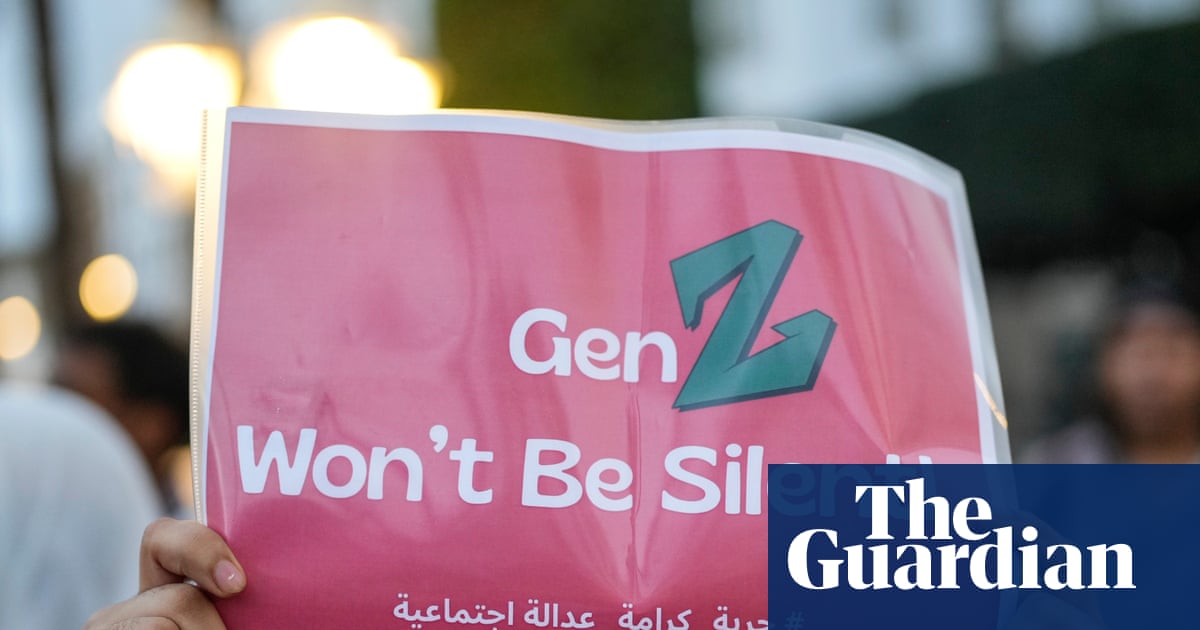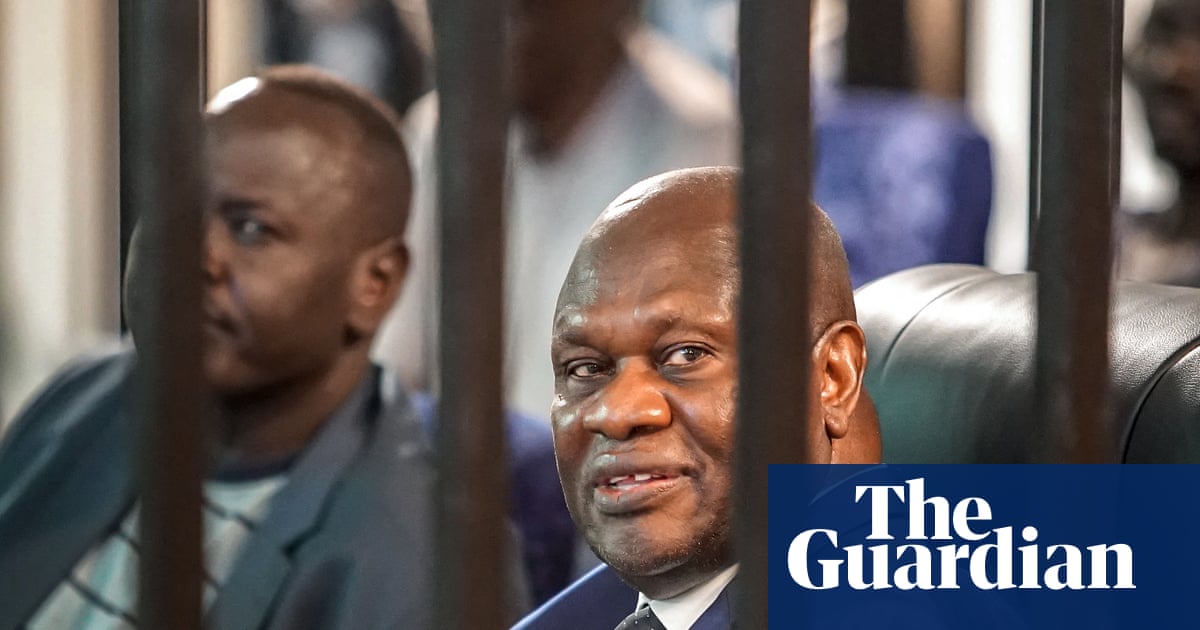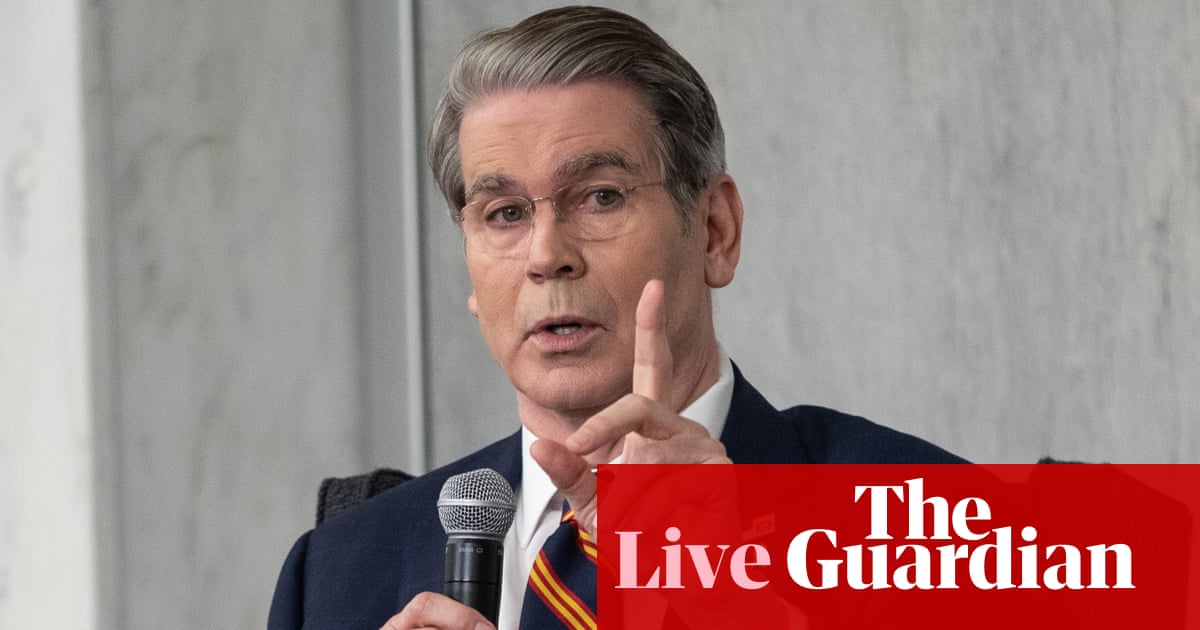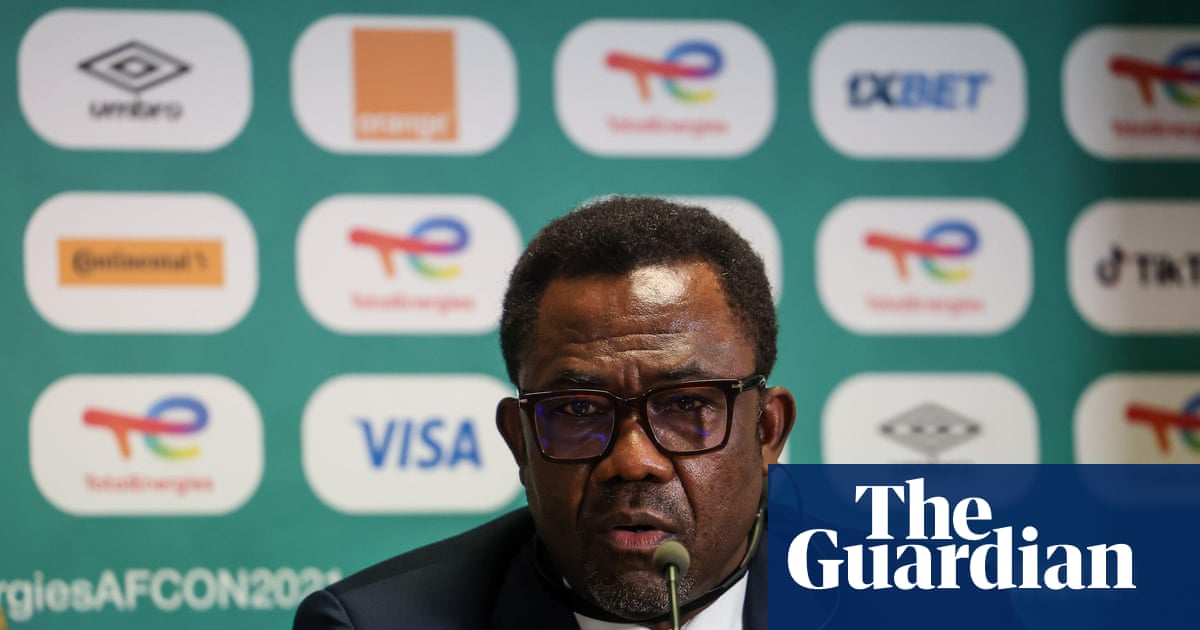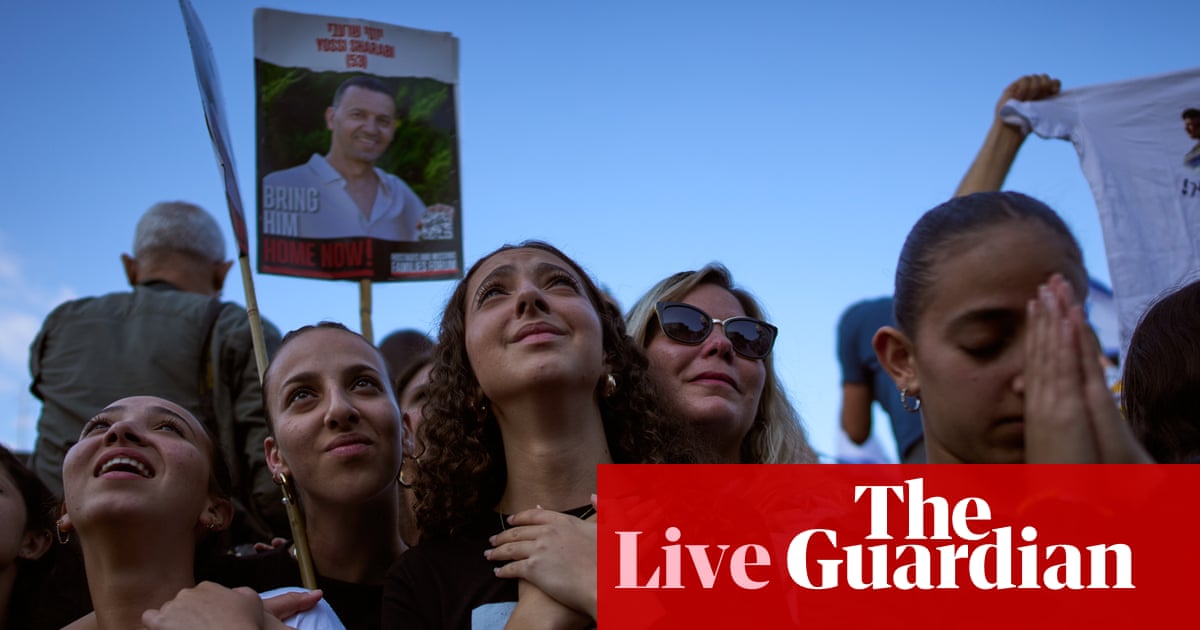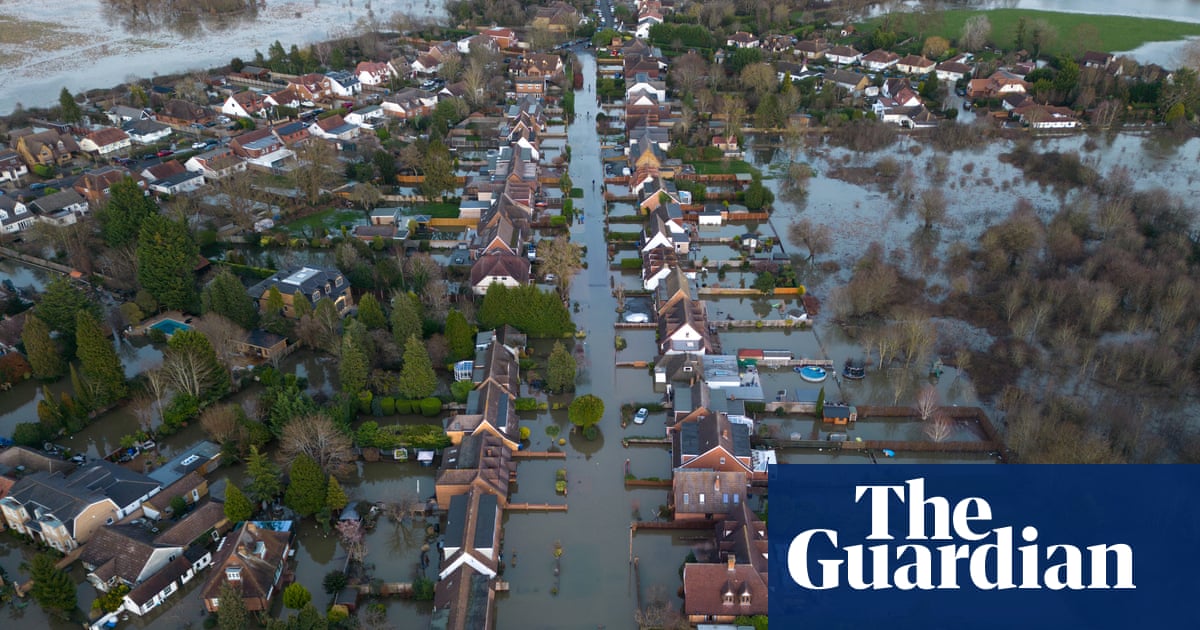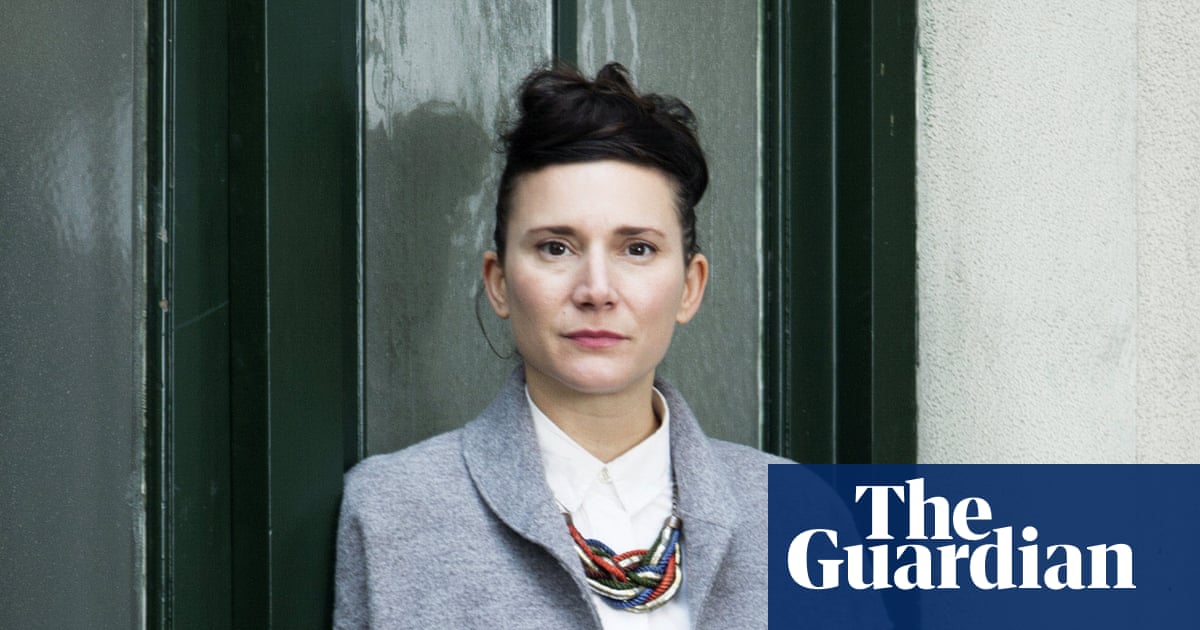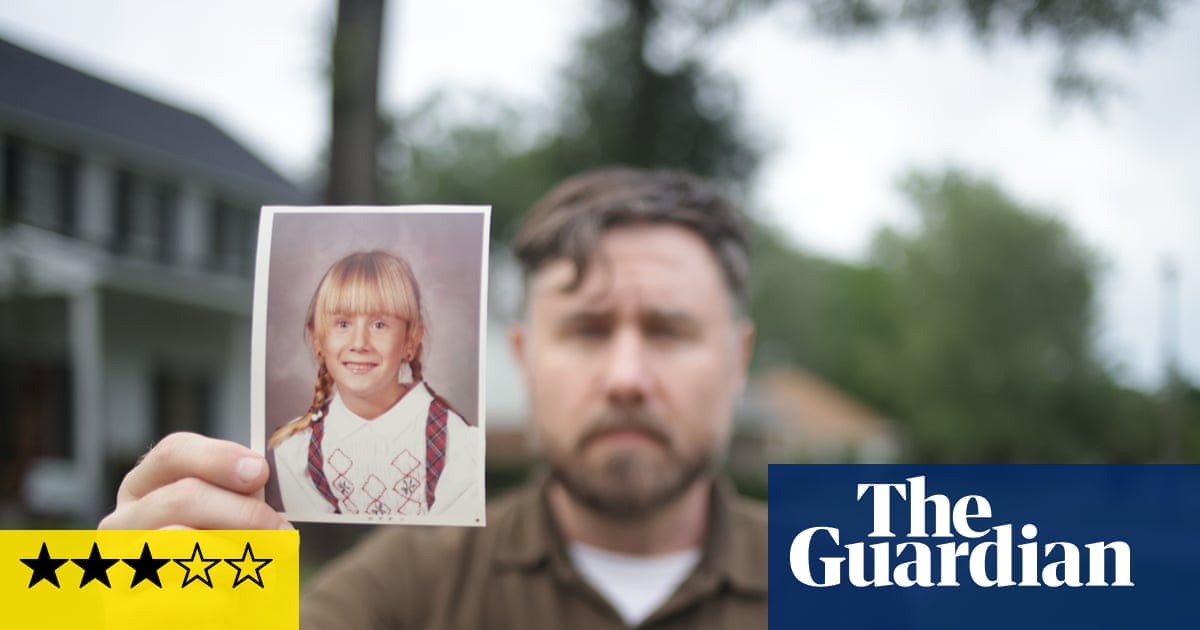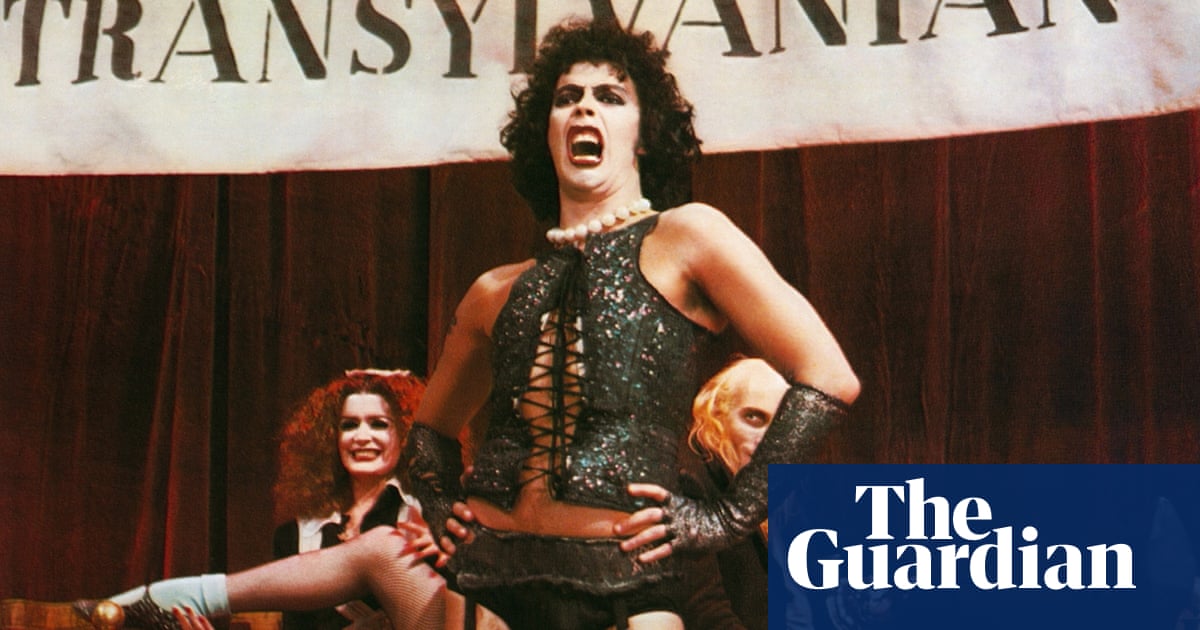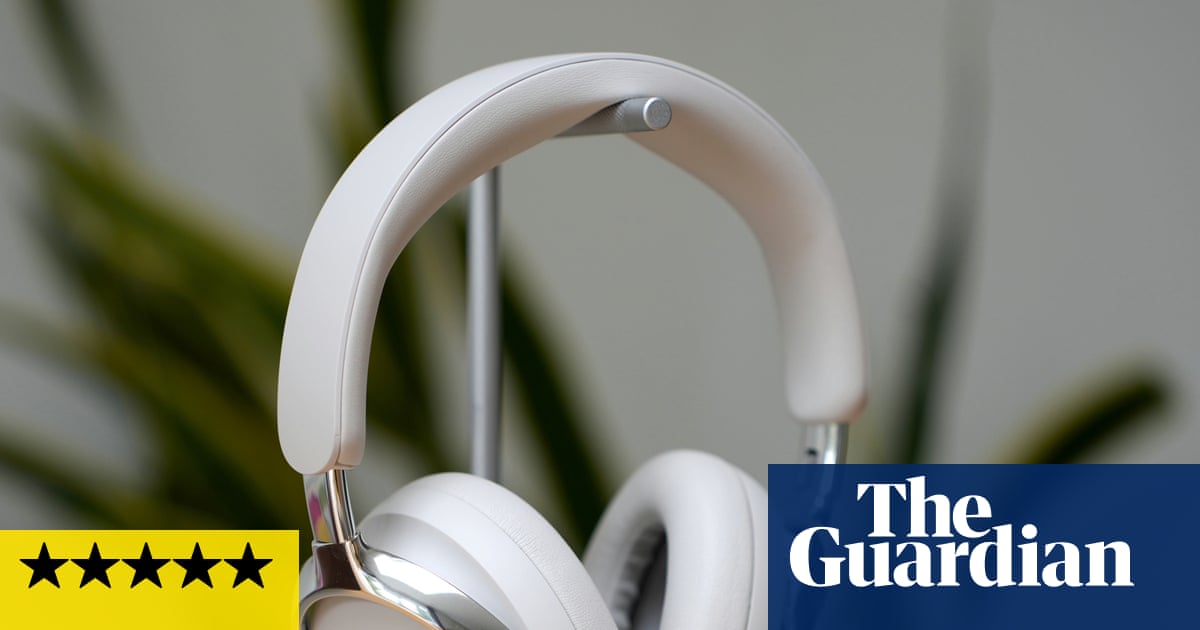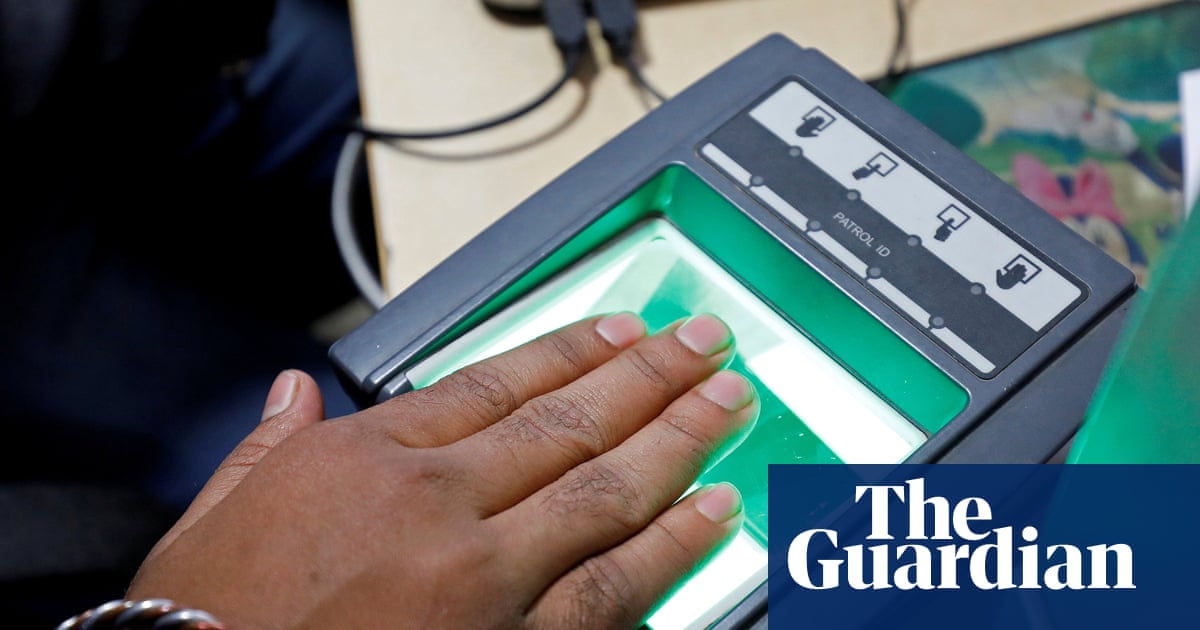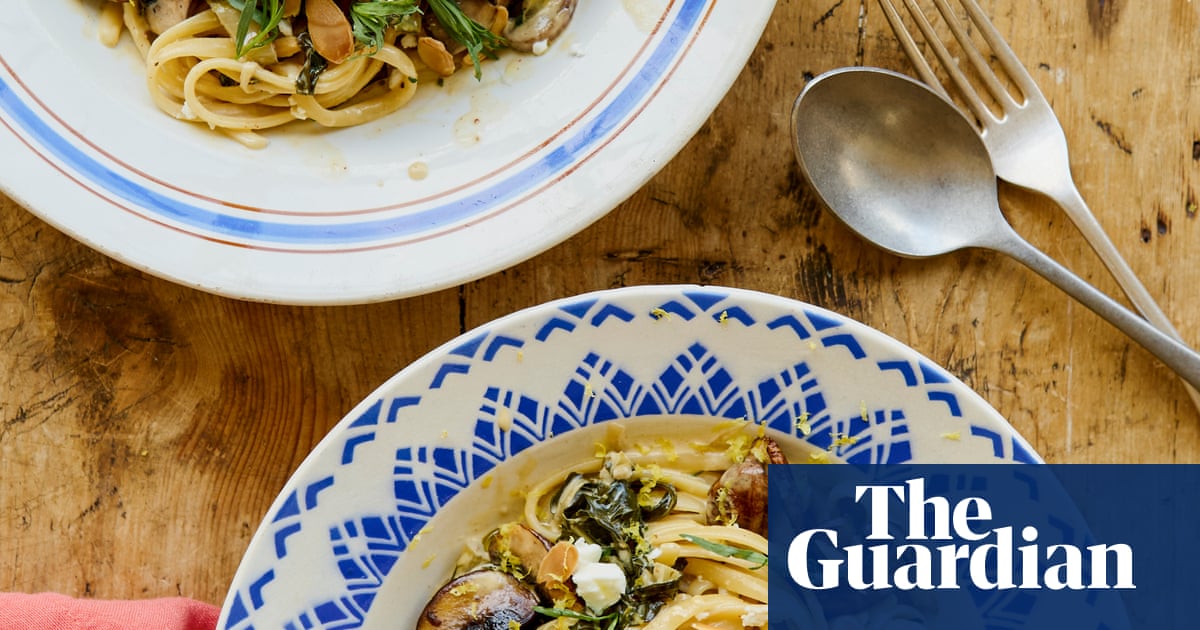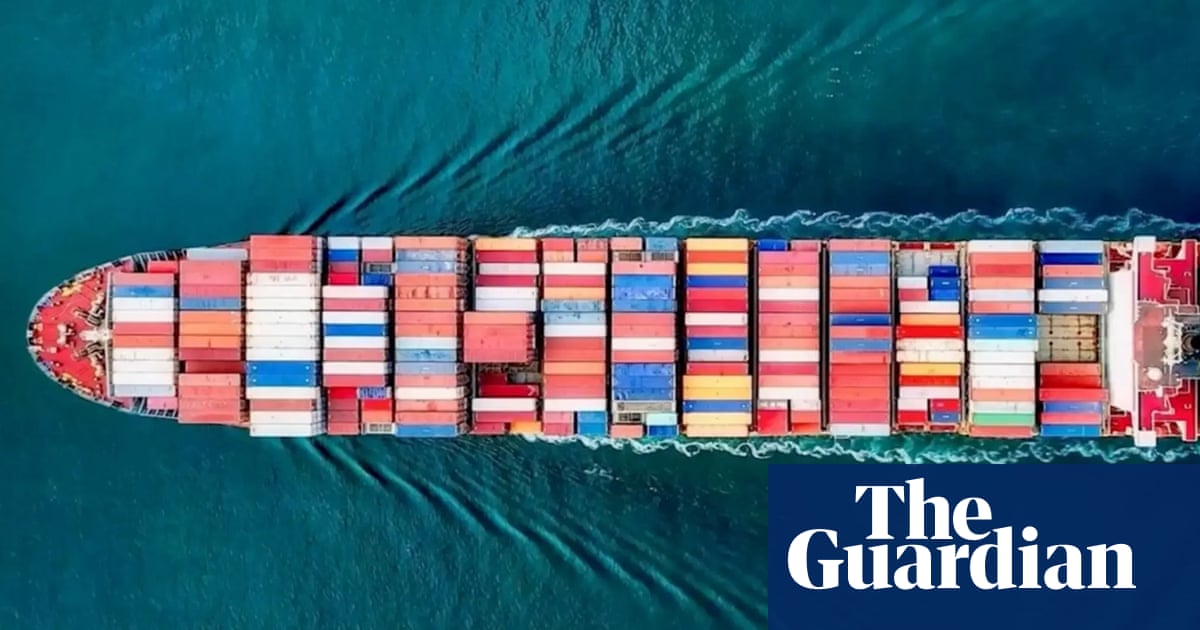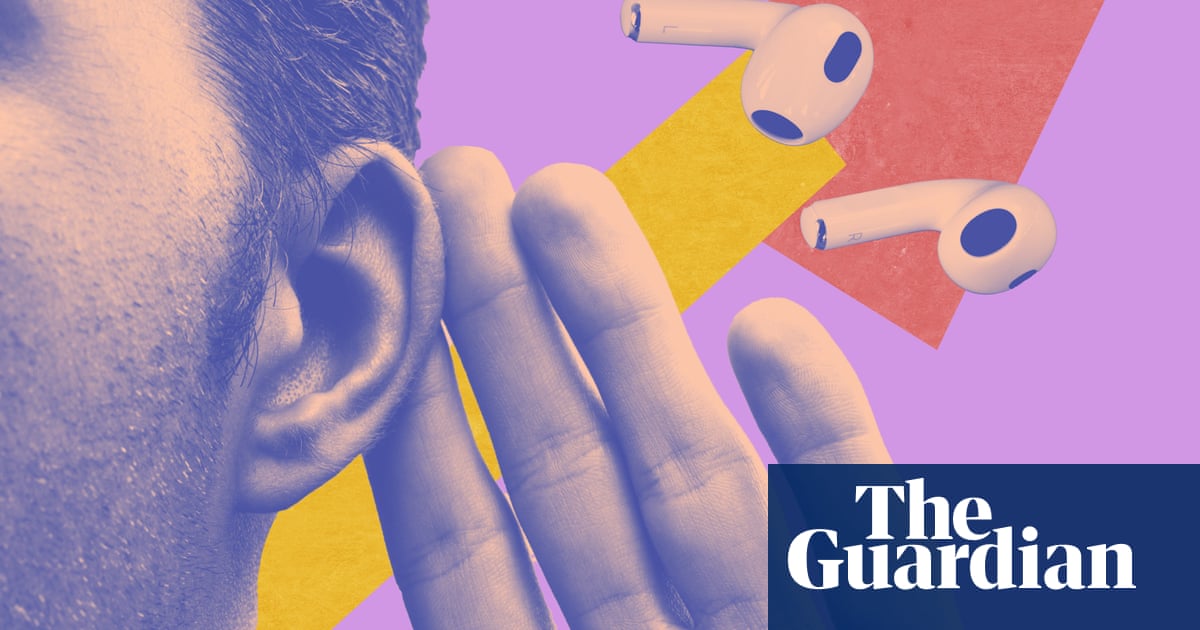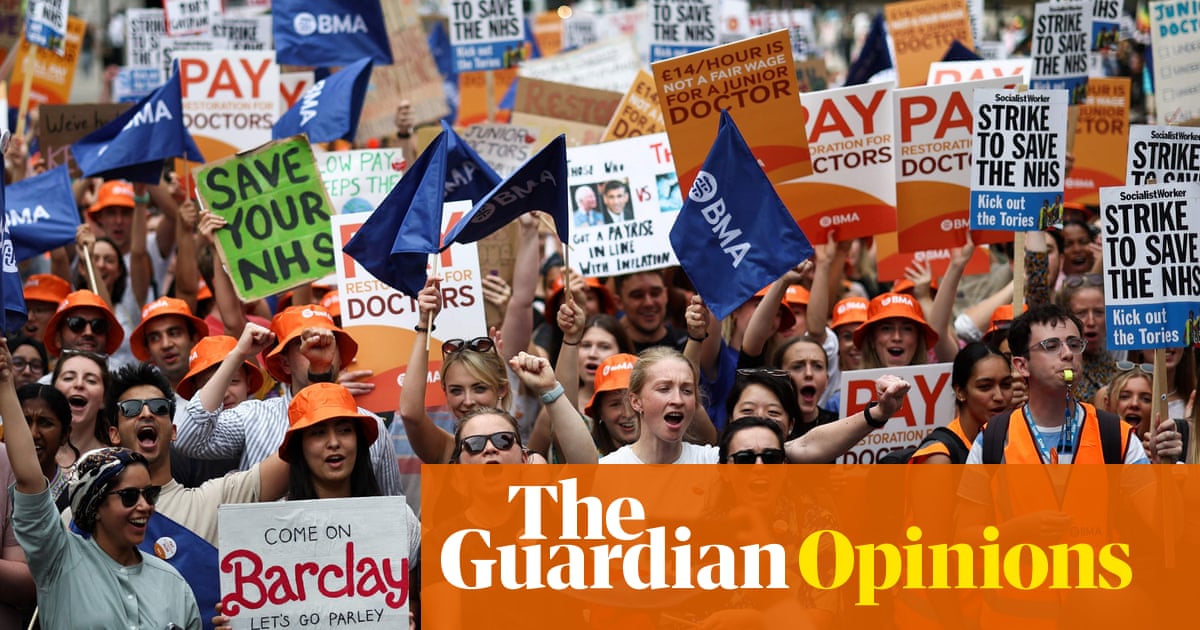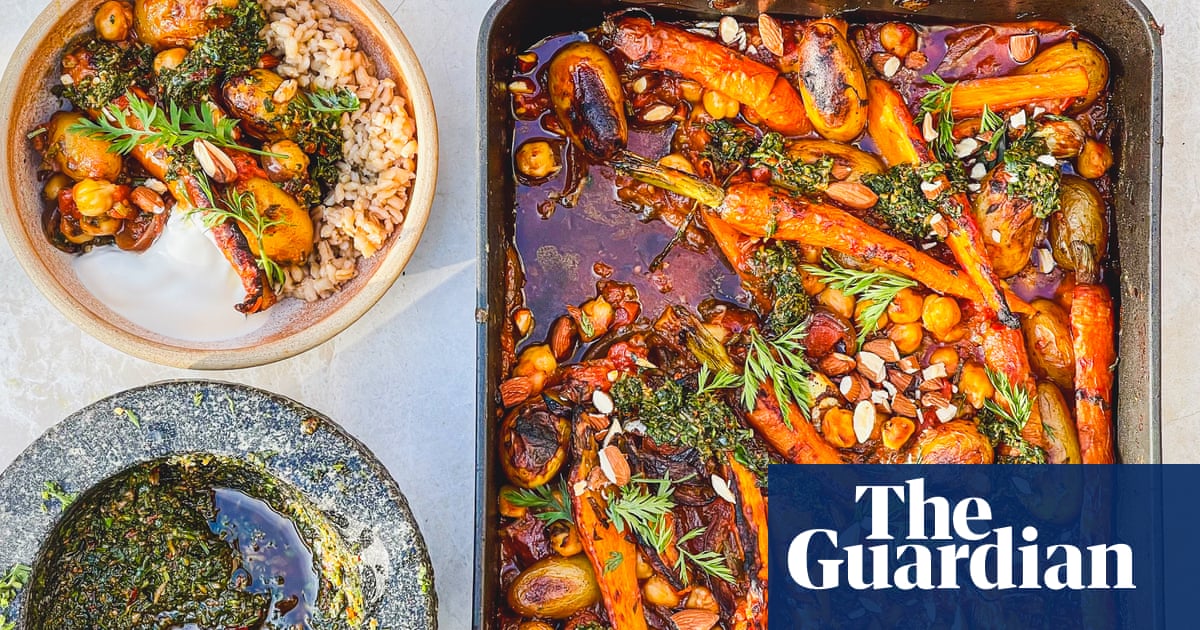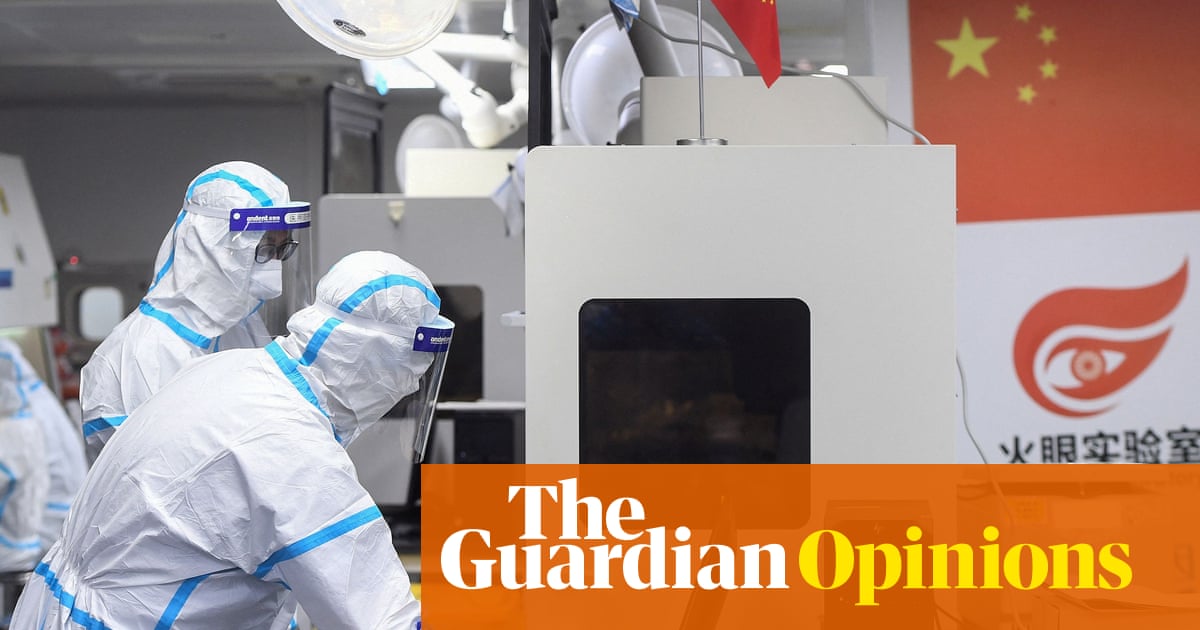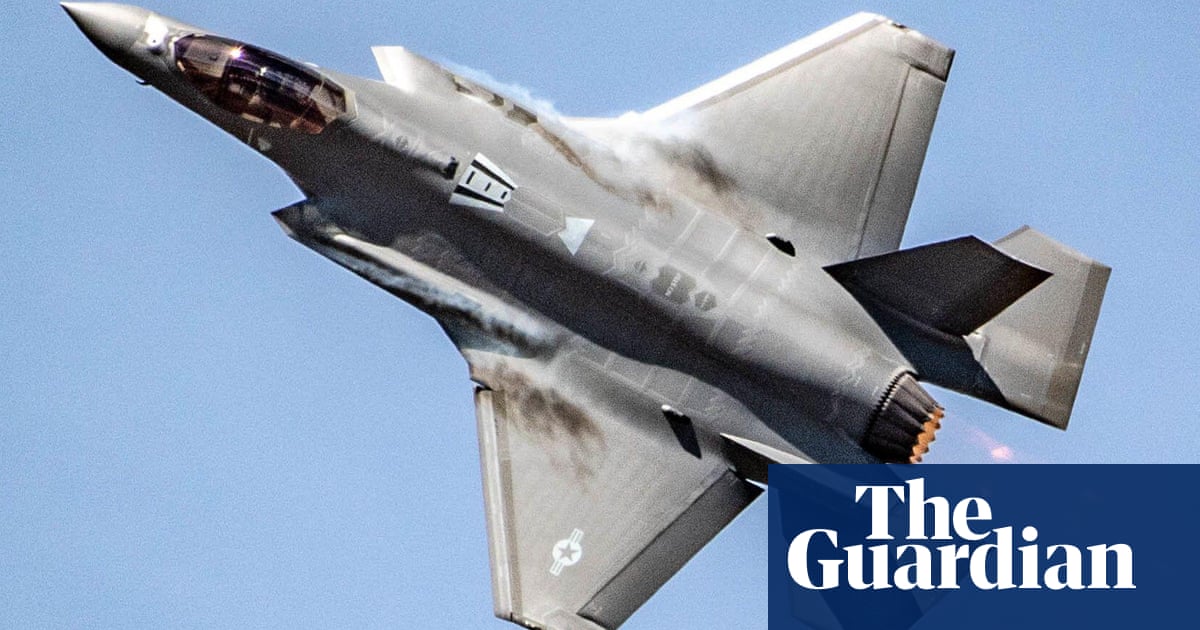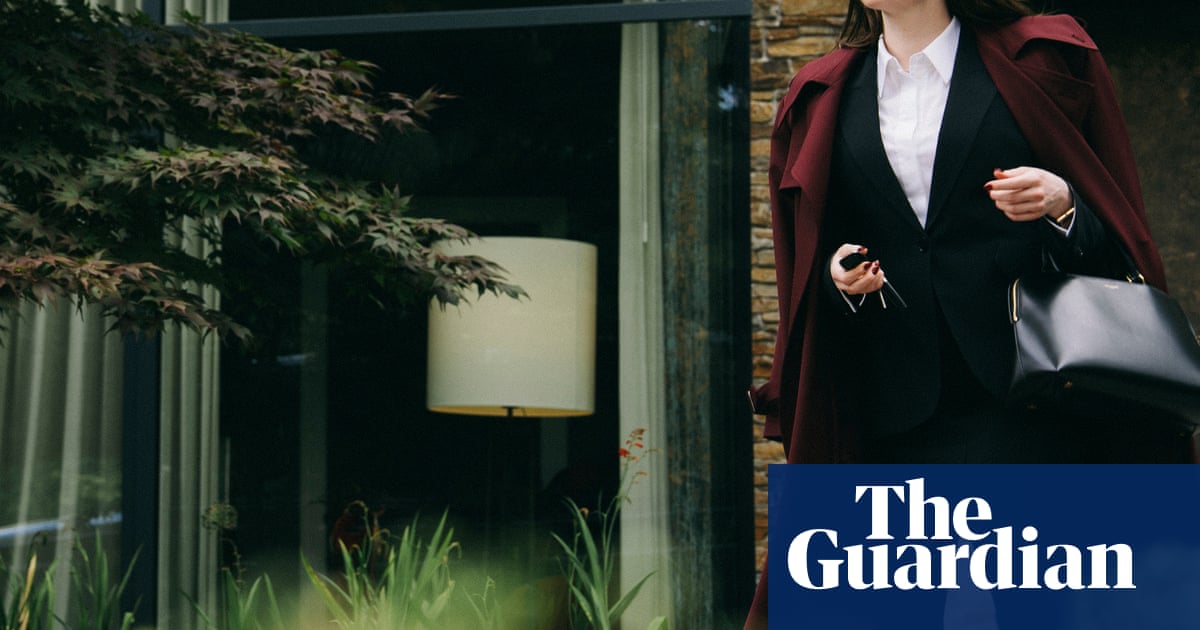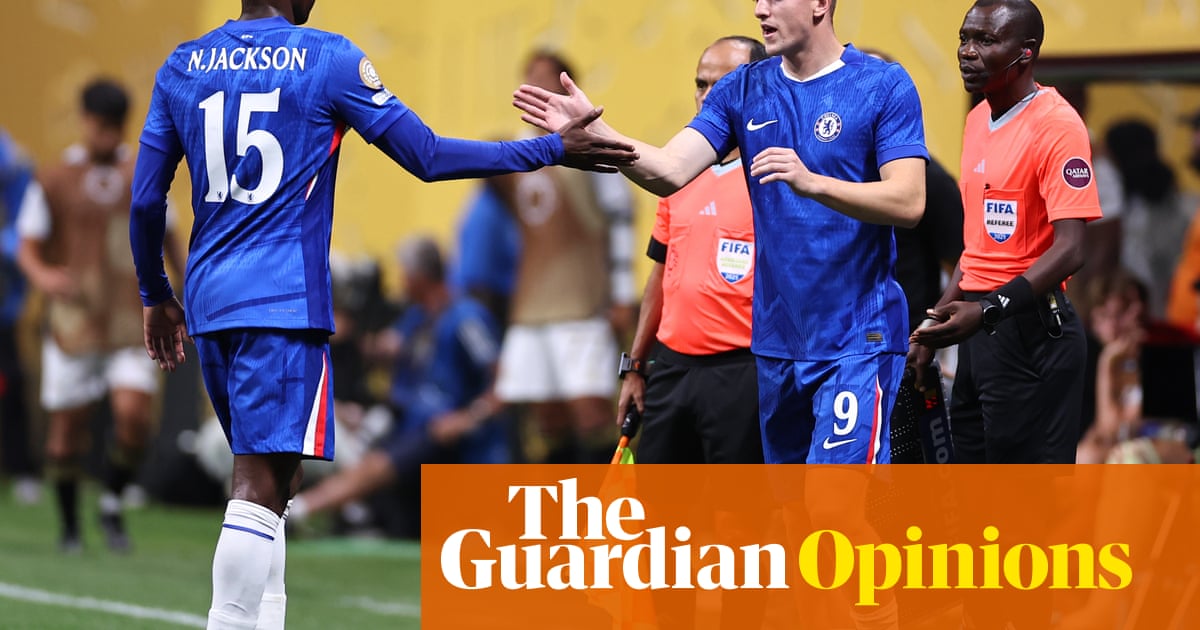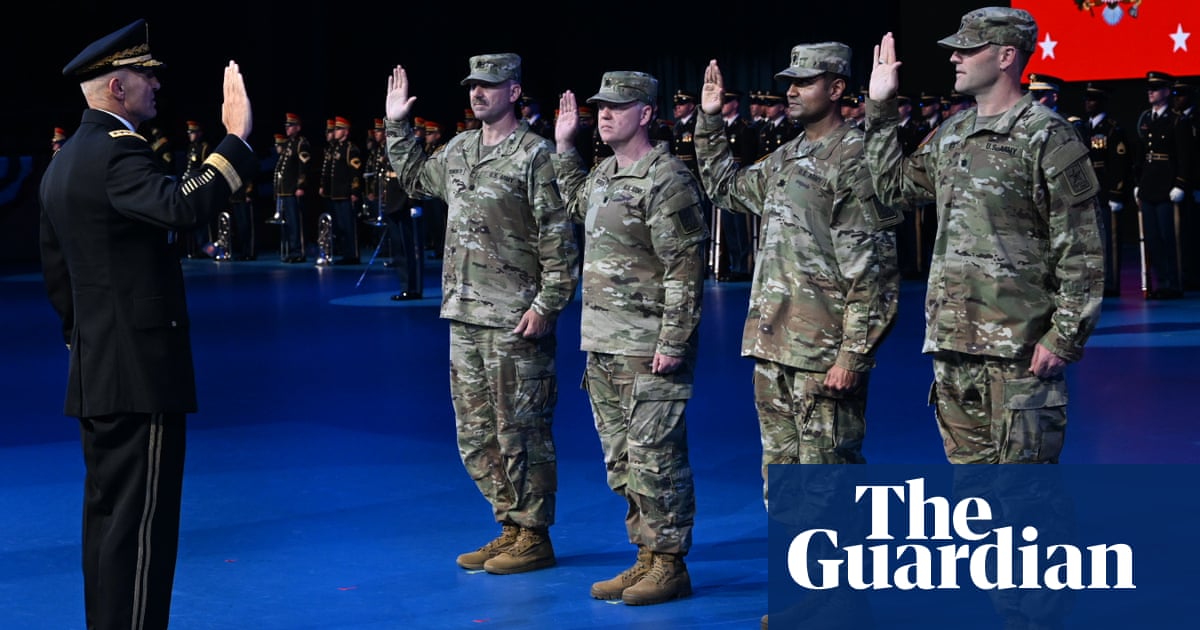“That’s the only reason I really want to be playing,” Taylor Fritz says of his quest to win a grand slam tournament as he counts down the days to Wimbledon. Fritz, the world No 5, made the US Open final last year but he believes Wimbledon offers him the best opportunity to claim that elusive prize. He is 27 and, with each passing year, the pressure of his ambition grows.
Asked if he would feel an emptiness at the end of his career if he doesn’t win a slam, Fritz admits the truth: “I probably would. I’d probably think about it forever if I don’t do it.”
Fritz grew up with privileged opportunities and personal challenges. His mother, Kathy May, was a top-10 player who reached three grand slam quarter-finals in the 1970s, while his father, Guy, was a modest pro who eventually channelled his drive into coaching Taylor. It could be suffocating and chaotic and, at 17, Taylor removed his dad as coach and found his own way.
A year later, he was a father himself after he and his teenage girlfriend, Raquel Pedraza, a fellow tennis player, became parents to a boy they called Jordan. As Fritz adjusted to marriage and fatherhood, it took him longer than expected to develop into a major contender. He and Perdraza divorced in 2019 and he is now part of one of tennis’s more visible couples as his girlfriend Morgan Riddle has a large following on social media and openly criticises Donald Trump and the impact his tariffs have had on the fashion industry.
Fritz is less inclined to talk politics, consumed instead by tennis. I interview him twice in a week and each encounter shows how unpredictable and difficult life on tour remains. We meet first at Queen’s Club, and have a relaxed 20-minute conversation in the early evening sunshine after a scorching day in west London.
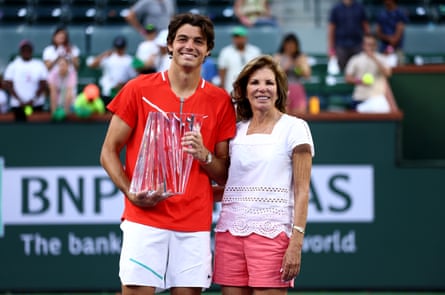
The previous afternoon Fritz had won the Stuttgart Open and beaten Alexander Zverev, the world No 3, in straight sets. It was his fifth straight defeat of Zverev and consolidated Fritz’s place as world No 4. His victory followed a dismal clay-court swing for Fritz where he had struggled with form and injury.
But his Sunday evening plane from Stuttgart to London was cancelled and his preparations for Queen’s were disrupted. He only arrived last Monday and, after a late practice session, Fritz told me: “I wouldn’t say I kept my positivity going [during his woes on clay which included a first-round loss in the French Open]. I was pretty down as a lot of my mood and happiness revolves around my results. It’s tough because, as I get better, it takes more and more to make me happy.”
Last Tuesday evening I watched Fritz lose a tight three-setter to the tricky French player Corentin Moutet who survived a match point in the second. It meant that, with Jack Draper reaching the semi-finals, Fritz had lost his place in the world top four to his British rival. The No 5 seed could now face a potential Wimbledon quarter-final against either Jannik Sinner or Carlos Alcaraz – currently the best players on the planet by some distance.
However, when we resume our interview five days later, at Eastbourne, Fritz has recovered. Back at a tournament he has won three times, his upbeat mood is clear. “The courts at Eastbourne always feel really good and every year I’ve won here I’ve been at Queen’s. I always feel Queen’s is very slow and slippery. I have a hard time moving there but as soon as I reach Eastbourne I move really well.

“Stuttgart was also very fast but I had a nightmare getting out of there. I had to fly out the following morning, get off the plane, have one practice and play the next day. So I’m not going to be too hard on myself about losing [to Moutet]. It was a tough turnaround.”
Fritz also seems sanguine when I ask if slipping outside the top four just before Wimbledon is a blow. “No. I don’t think it’s that big a deal because if I was four and Draper five we could still have played each other in the quarters. It now means that Novak Djokovic can’t be in my quarter. I could get Zverev [whom Fritz has beaten eight times in 13 matches] or maybe Alcaraz. Being fourth or fifth seed makes a very small difference.”
He is realistic about the gap that Alcaraz and Sinner have opened up. “We had a one-year gap in 2022-23 after [Roger] Federer retired where Rafa [Nadal] and Novak weren’t playing many tournaments. Carlos was playing well but he wasn’t established while Sinner wasn’t fully there yet. For a year it felt like anything could happen. Now it seems we’re back to some kind of domination by Alcaraz and Sinner. But it makes me even more determined to improve.”
Fritz beat Sinner the first time they played, in 2021, but he lost their four subsequent encounters. He is yet to win a set in two matches against Alcaraz. “I’d say Carlos is the harder opponent for me but I have to add the caveat that when we played in the Laver Cup [last year] I ran into the on-fire version of him where it just feels like there’s nothing you can do. So even though obviously Sinner has gotten me several times, pretty routinely, at least in those matches I felt like I could play tennis. In the Laver Cup with Carlos I felt, for about 80 to 90% of the match, I couldn’t do anything.”
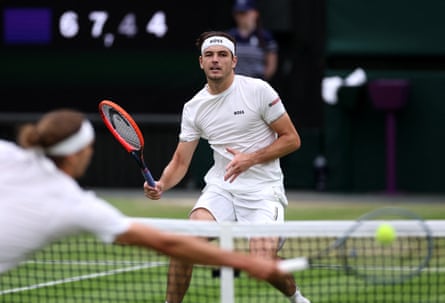
It would be easy to give up on his grand slam dream as Alcaraz and Sinner reached new heights of sustained brilliance in this month’s French Open final. But Fritz is bolstered by being “delusionally optimistic” – a term applied to him by his fellow American pro, the giant Reilly Opelka, who played alongside Fritz, Tommy Paul and Frances Tiafoe on the junior circuit.
Fritz embraces the description: “You need to be extremely confident in your abilities and believe in yourself. So being a bit delusional, in a positive way, is a good thing. When I was 14 I wasn’t that good but I was very delusional in saying I was going to, without a doubt, make it. I truly believed it and there’s no way I’d be here now without it. I’ll never knock anyone for saying things that might be delusional or hopeful.”
He is close to his coach Michael Russell, another former pro, because, Fritz says, “I need someone who cares about it as much as I do.”
Would he ever talk to a sports psychologist? “No, not at all. I don’t necessarily believe in them.”
Next week he takes his optimism, delusional or not, into Wimbledon which “might be the best chance for me to win a slam. I don’t know if I would say I have a better chance in the US Open [where he lost the 2024 final to Sinner]. It just comes down to which two weeks click for me.”
Fritz has reached two quarter-finals at Wimbledon, losing to Nadal after a fifth-set tie-break in 2022 and last year to Lorenzo Musetti, in another five-setter, and he should have won both matches. But it is a sign of his forensic tennis memory that Fritz can talk about every match he played in reaching the semis at Junior Wimbledon in 2014 with just as much detail. That tournament became a catalyst for Fritz to emerge from relative obscurity to being No 1 junior in the world by the time he won the equivalent event at the US Open the following year.
His break with his father, as his coach, was soon confirmed and Fritz offers a layered reflection on their relationship. “My dad was my coach growing up and he did an amazing job of always telling me: ‘It’s juniors and none of this really matters that much.’ It took away the pressure because he told me it’s all about improving and it only matters once you turn pro.
“He was never one of those parents that would be upset if I lost. He’d say: ‘Don’t worry. In a couple of years you’ll be so much better than that guy.’ But he’s also the one person I can always trust to keep it real. He’ll tell me if it’s bad. And if he tells me that it’s good then it’s really good, because it’s tough to get a compliment. He’s not someone who’s going to lie to make me feel good.”
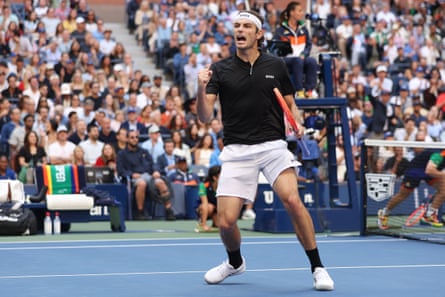
His dad worked him hard whereas, for Fritz, “my joy in tennis has always been competing. I never enjoyed practising when I was younger. I’d make up injuries to get out of it. But as I got older, I started to enjoy how I’d feel after I had a really good practice or pushed myself hard.”
Fritz also knew he needed a different coach to his father. “He wanted to coach me all the way through, but I needed someone that had been on tour. My dad’s pretty old-fashioned. He’ll just show up at the courts and ask people to practise at that time. It’s not the most organised and it’s also hard to have that coach/father relationship.”
Was Fritz changed dramatically by the experience of becoming a father at 18? “Yes, for sure. I had to learn how best to manage my time. At that age you’re trying to become a better player and travelling – but I was trying to maximise the time I could spend with my son.”
Judging from his Instagram account where Fritz sometimes depicts himself as “a soccer dad” delighting in the assists and goals scored by his boy, he is much softer than his father. “I can’t be there as much with my son. I’d love to be full time with him and so I’m softer and can’t help but spoil my son. My dad was the opposite.”
All these natural reflections on being a son and now a father allow Fritz to consider his future. “When I’m done [playing] it’s going to be tough not to be involved in tennis. I love talking about the strategic part of the game and there’s a very good chance I’ll coach or be in charge of a player development centre to help find new pros.”
Will he still be chasing down slams in five years? “I’ll be almost 33. The way my body’s been feeling the last couple of years I can’t honestly say that, five years from now, it’s going to be great. I don’t know if I have that many more years of peak tennis.”
Does this add to his urgency to one day win a grand slam? “Yes, for sure. But I’ve never thought I had unlimited time. I’ve always felt like I’ve got to make it happen soon.”

 3 months ago
126
3 months ago
126
